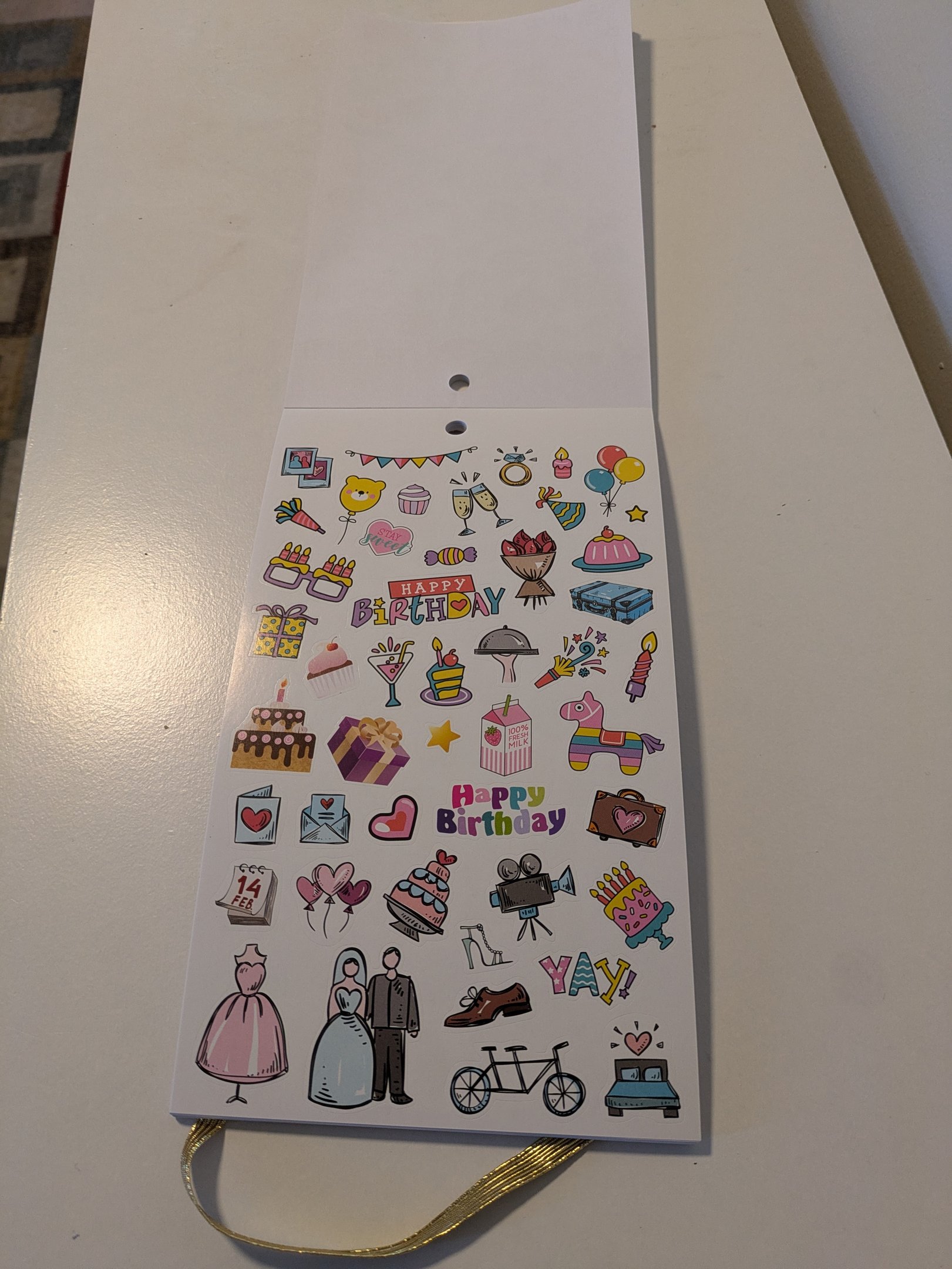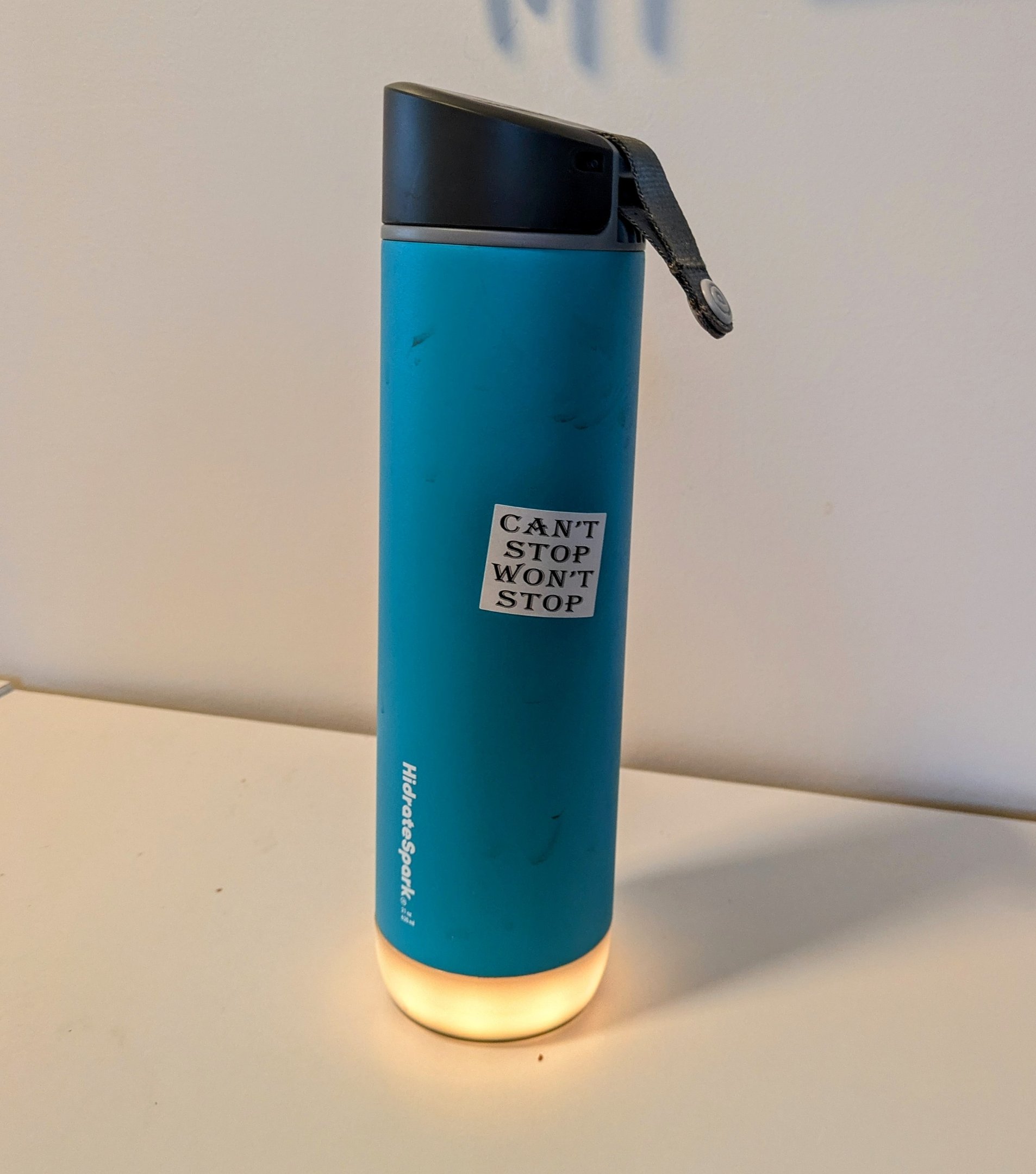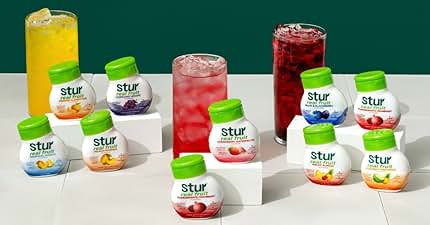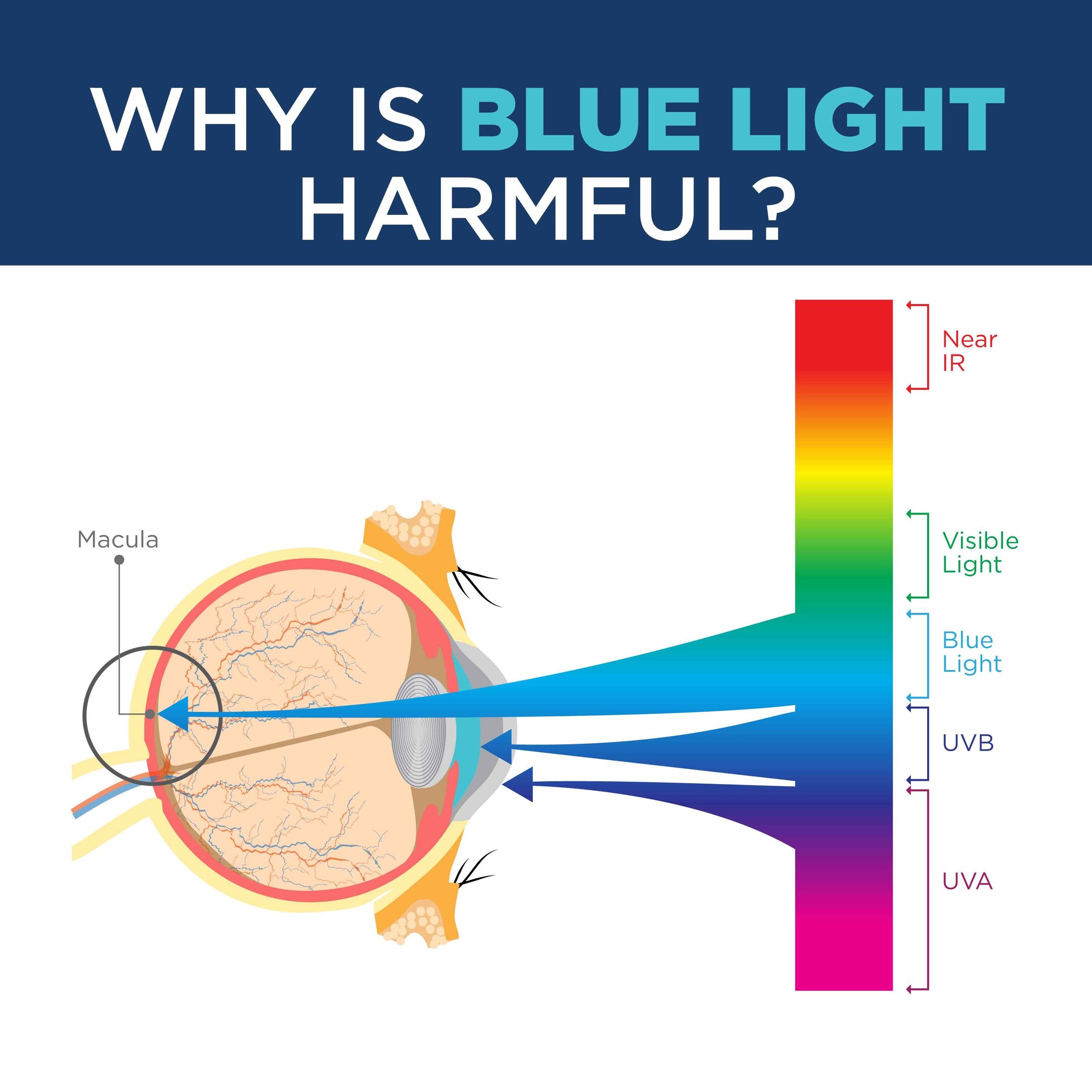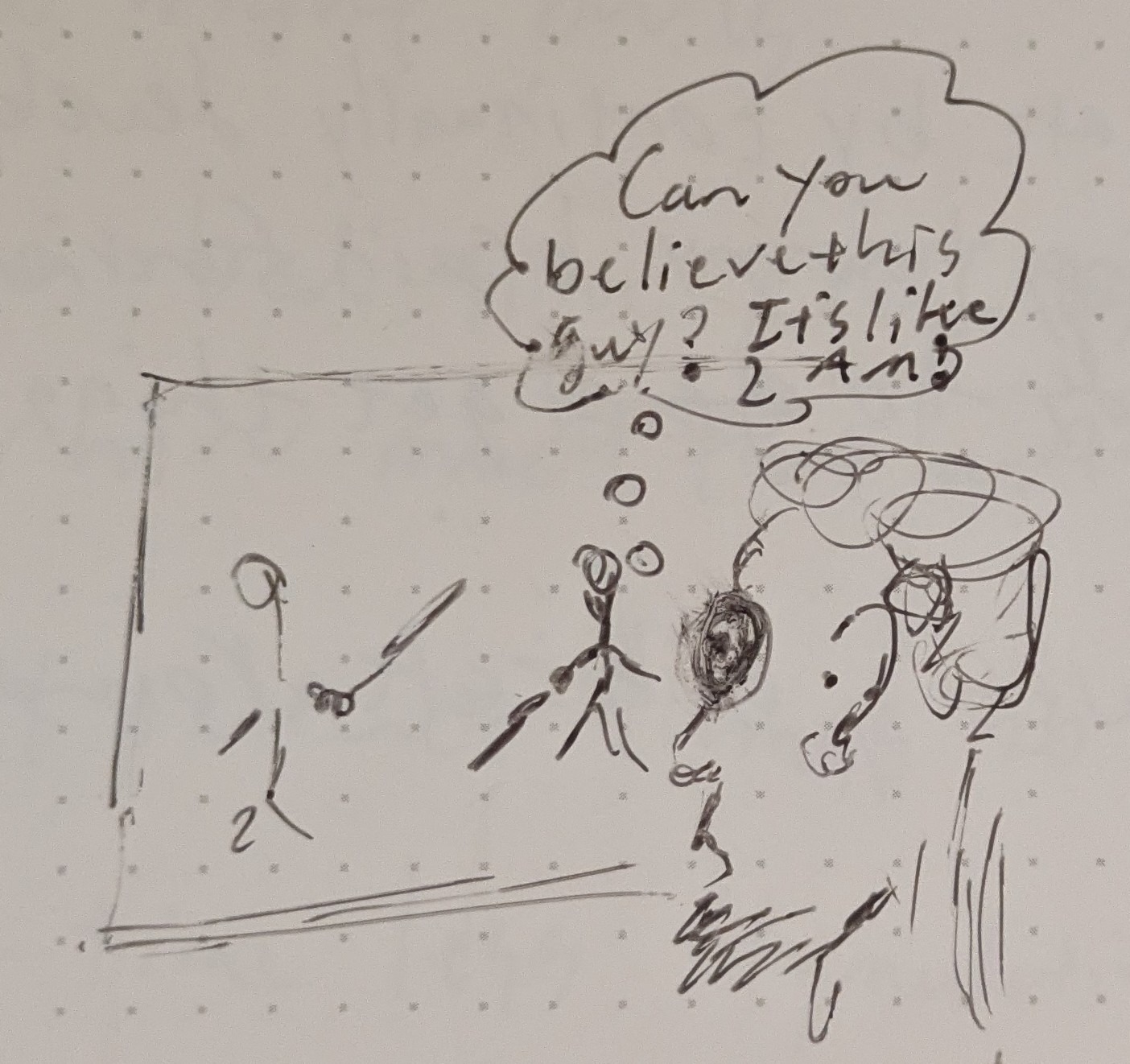Water, an amazing substance that covers more than half of the entire Earth, tends to get overlooked and frankly taken for granted. Trust me, if scientists are still learning about just how water works I know that I am definitely guilty of this. Thales, a sixth century philosopher hypothesized that water is the primary substance of all beings. And he wasn’t alone. Many cultures throughout history consider this dynamic substance essential to life and without it this planet would look entirely different.
Outside water’s life sustaining abilities, it has so many unique and interesting characteristics. First it is the only material that exists in three different forms on this Earth (solid, liquid and gas). Beyond that, It continues to recycle itself in many different ways from rain water to spring reservoirs. Just think about that for a minute, you could very well be drinking the exact same water that George Washington himself once quenched his thirst. Water also is a relatively heavy substance which creates a lot of pressure from the depths of the ocean which creates challenges for engineers and submarine design and residents when it freezes during the winter bursting pipes. Not to mention surface tension, which happens because water molecules are strongly attracted to one another creating rain drops and allowing many insects to walk on its surface!
I could go on and on and bore you with all the scientific details and different ways that go unseen about how water is fascinating, mysterious and helpful. I say all of this only to drive home the importance of water beyond the obvious. And if you are interested in finding out more about water and how it affects not only our lives but the entire world check out this article called The Science of Water. Here is a list of reasons why water is particularly beneficial for those like me with ADHD:
Alright, but first let’s play with this quick and fun analogy: imagine for a moment that your brain is like a super high-performance formula one race car, and ADHD is the driver who’s a bit distracted, maybe fiddling with the radio, looking out the window, and occasionally forgetting to hit the brakes. Whoa! Now, what’s the fuel that keeps that car zooming along at top speed? Water! Yep, plain old ordinary H2O is like premium gas for your brain.
Picture this: When you’re dehydrated, it’s like your brain/car is driving through molasses. You’re trying to focus, but everything is sloooow, and suddenly, your thoughts are swerving left and right—“Wait, what was I doing? Was that a squirrel? Hey! I should Google the history of bread!” Hydration helps wash away a lot of that mental gunk, so your brain can stop zig-zagging all over the road. Sure, you’re going to get distracted and there’s just no getting around that, you just won’t get bogged down as often.
And get this: when you drink water, your brain feels happy! It’s like giving your brain a cool and refreshing shower after a really hot day. You know that refreshing, “Ahhh” feeling? Your brain does that too. And a happy brain means you’ll feel less fidgety, impulsive, and a little more in control of your thoughts. You might even be able to sit through a whole movie without pausing it 27 times!
Plus, hydration is the secret weapon against grumpy brain mode. You know that feeling when you’re so irritated that even the sound of someone chewing too loudly makes you want to scream? Dehydration is a sneaky mood-vampire that does exactly that. I mean imagine how you feel when it’s hot, you’re thirsty, tired and just let someone try and ask you to do something, anything. But guzzle some water, and suddenly, you’re the zen master of patience, ready to handle the world with ninja-like calm. Well, not really, but you see the point.
So anytime you feel like your stock car is running on fumes, take a break and grab a bottle of ice cold water. Just try to remember, our brain is like a high performance engine that burns through fuel at an alarming rate! So we use more and therefore we need more, more often for optimal performance, your brain will thank you for it!
Now here’s that list as promised with a dash of science behind it:
-
Enhanced focus and concentration– Water helps maintain the balance of neurotransmitters in our mind. It also helps improve concentration and mental alertness by increasing blood flow to the brain.
-
Improved memory– Water helps facilitate the flow of nutrients and oxygen to the brain, thereby improving cognitive function, specifically focus and mental clarity.
-
Mood Stabilization– ADHD can lead to mood swings, irritability, and emotional dysregulation; dehydration only exacerbates this. Adequate water helps regulate emotions and promote a balanced hormonal and electrolyte system, thereby reducing stress and preventing fatigue.
-
Enhanced Executive function– Executive function which involves skill sets like planning, organizing and time management is often impaired in ADHD. Proper hydration helps optimize brain function supporting better decision making and more completion of tasks. Yikes!
-
Boosted energy levels– ADHD is often associated with fluctuating energy levels including fatigue and low energy. Water helps to keep you energized throughout the day, promoting better endurance during tasks.
-
Better quality sleep– Sleep disturbances like insomnia and restlessness are often reported from those with ADHD. Proper hydration can support good sleep patterns and relaxation which is essential for managing ADHD symptoms.
-
Support for medical side effects– ADHD medication, particularly stimulants cause side effects such as dry mouth and headaches. Water helps to mitigate these pesky irritations and increases the effectiveness of the medication.
-
Better Decision-Making– Impulsivity is a core ADHD symptom, often leading to quick, unplanned decisions that can lead to uncomfortable and unintended consequences. A lack of adequate hydration has been shown to negatively impact one’s decision making process. Drinking water at regular intervals can help with self-regulation and more thoughtful decisions. Oh my!
-
Fosters Better Habits– We tend to struggle with maintaining consistent habits. Developing a hydration routine (e.g., drinking a glass of water every hour) helps to build structure in our daily life. Staying hydrated is a simple, actionable step that can increase feelings of accomplishment.
-
Reduces headaches– Water is like a superhero when it comes to attacking headaches. One of the most common causes of headaches is dehydration. When you’re not drinking enough water, your brain can temporarily shrink and pull away from the skull. (Yeah, that’s as unpleasant as it sounds!) When you’re well-hydrated, your blood flows more freely. This helps deliver oxygen and nutrients to your brain, keeping everything running smoothly. Without enough water, your blood can thicken, (yuck!) slowing down circulation and leading to headaches. Water also helps maintain the balance of electrolytes like sodium and potassium in your body.
In conclusion, water has a host of benefits including enhanced focus, concentration and executive function, improved memory, mood stabilization and boosted energy levels. It also helps with creating better habits, getting better quality sleep (a true must have), support for medical side effects and greatly reducing the chance of getting headaches and their severity. I just want you to be clear that although water is an essential ingredient in these benefits it’s not going to fix the challenges that come with ADHD. In my experience that only comes from seeking professional help and applying the tools and suggestions regularly in my life. Just remember to start small and celebrate the little wins! Although it may not seem like it, you are doing things to help improve the quality of your life. Take it from me, it took a long time for me to really see the value of adding this into my life and please try not to get discouraged when you fall short. We all do.
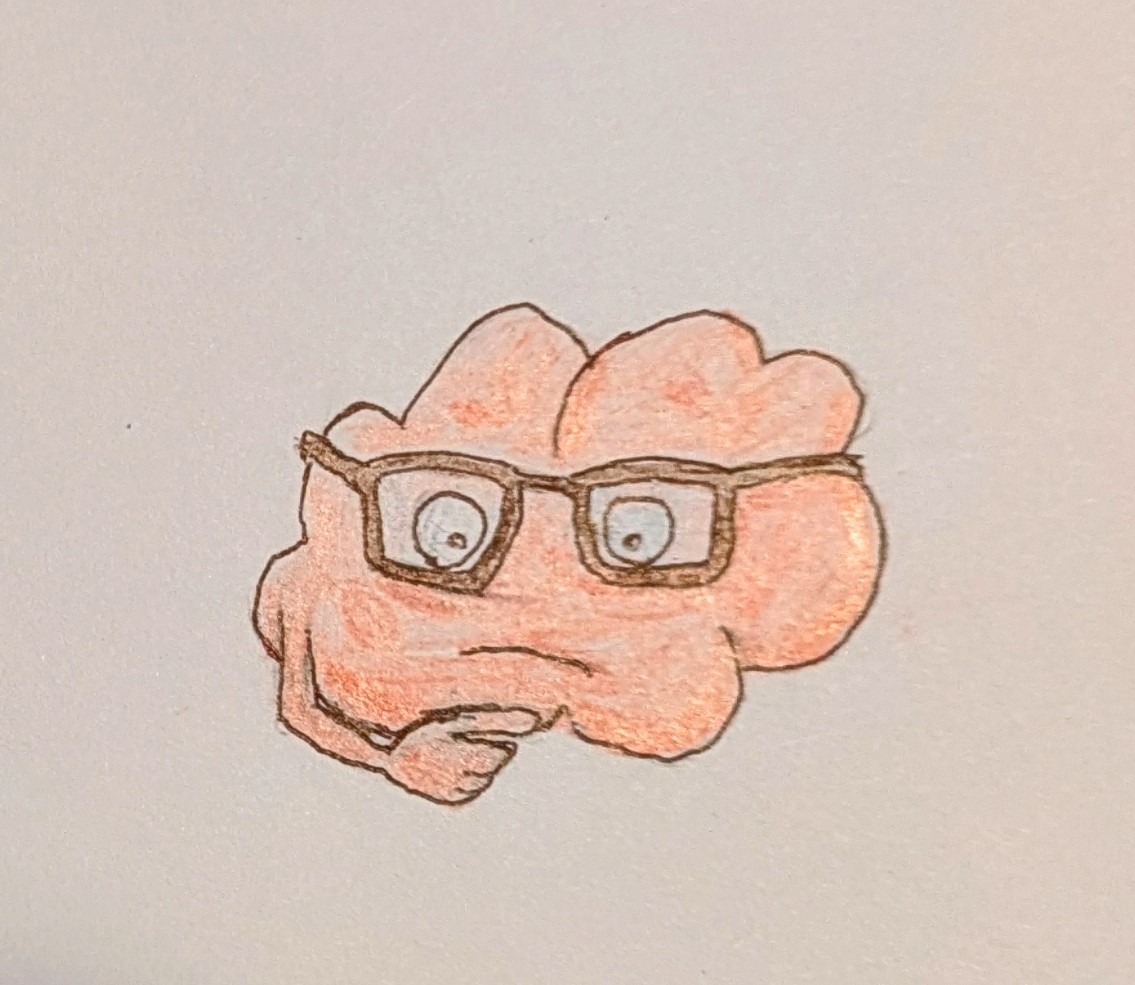
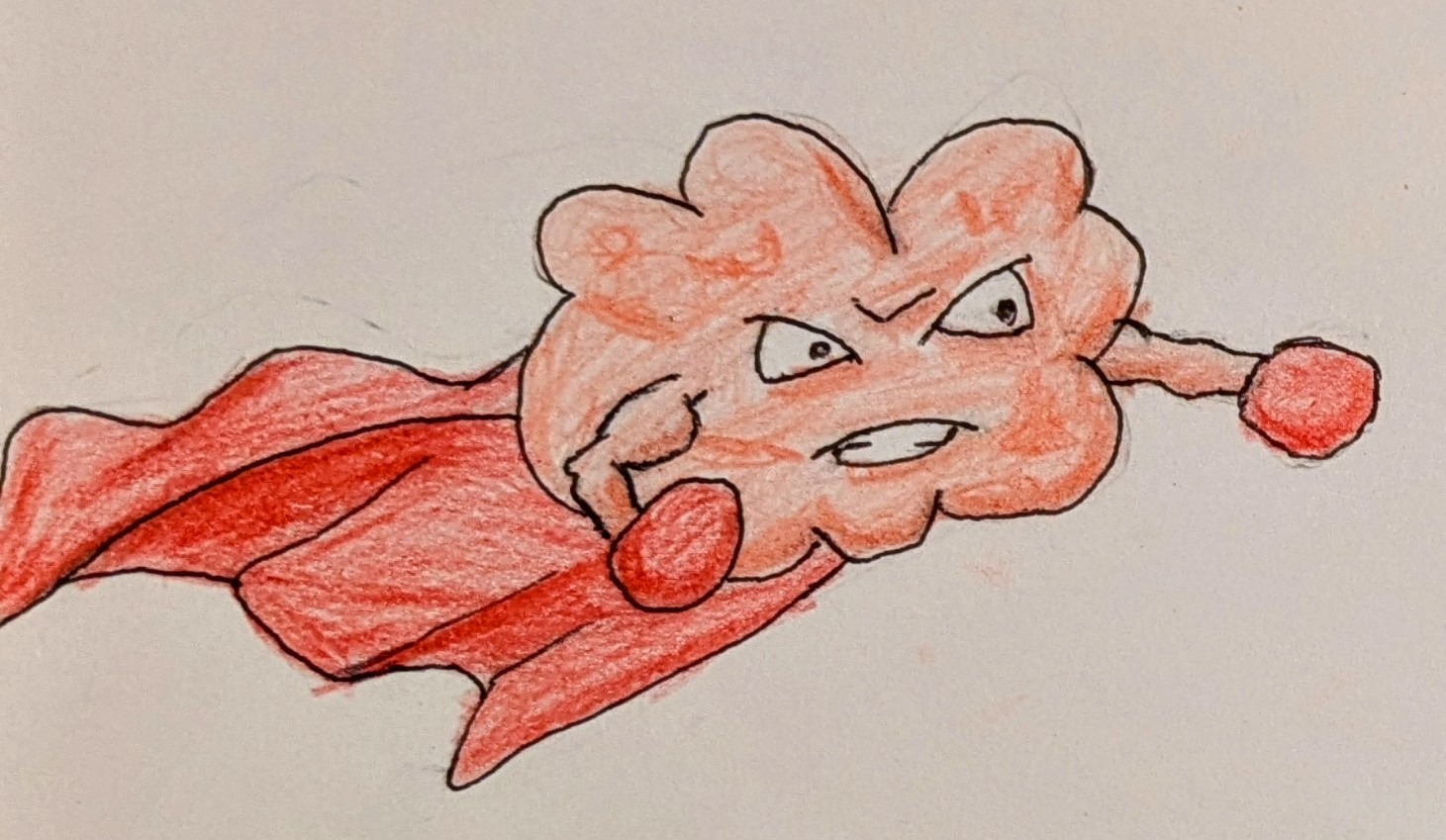
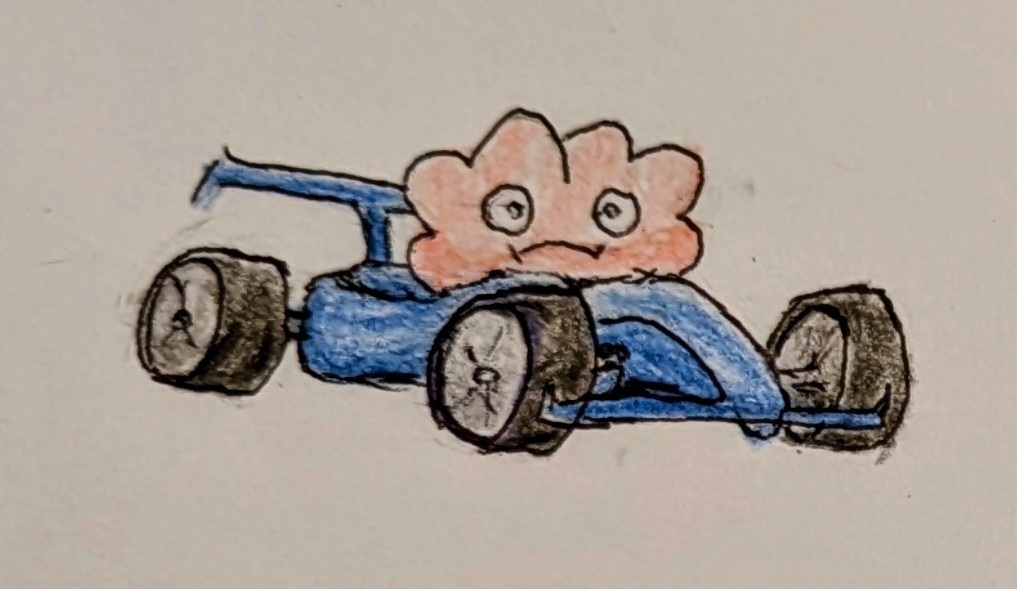
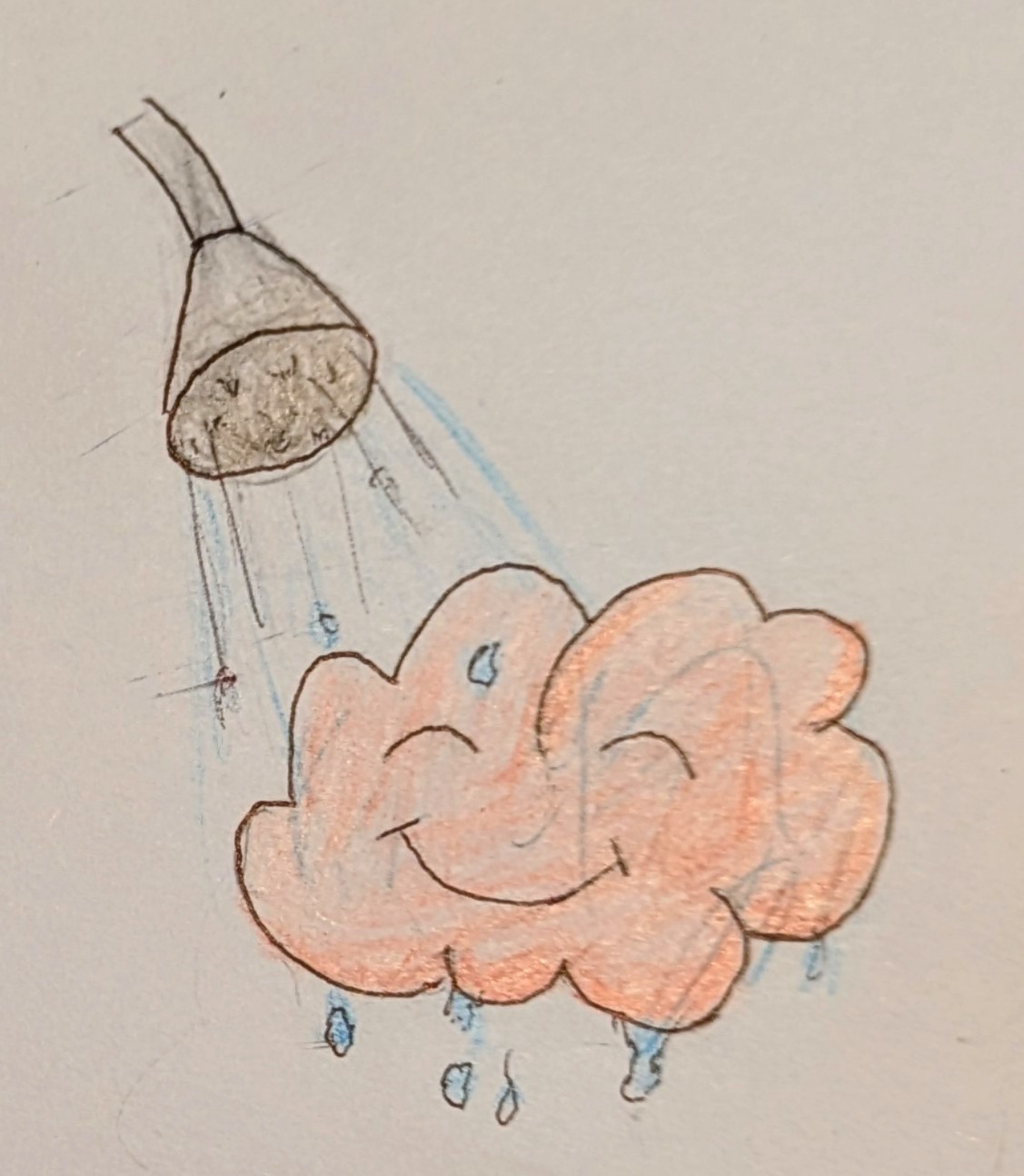
A Call to Action: Oh now I gotta do something?
-
If I had only one thing that I could suggest to you right off the bat to really help. That would be the Hidrate Spark. It has been a real game changer and has really helped keep me on track with my water goals. Click the button below to check it out!
-
Also, check out my other blog for 11 tips on how to drink more water…
-
Another way that I know that I am drinking enough water is that I am going to the bathroom more regularly (i.e. between 45 minutes to an hour intervals)
-
If you have any other tips, suggestions or questions feel free to drop me a line at: Snowball.pro81@gmail.com
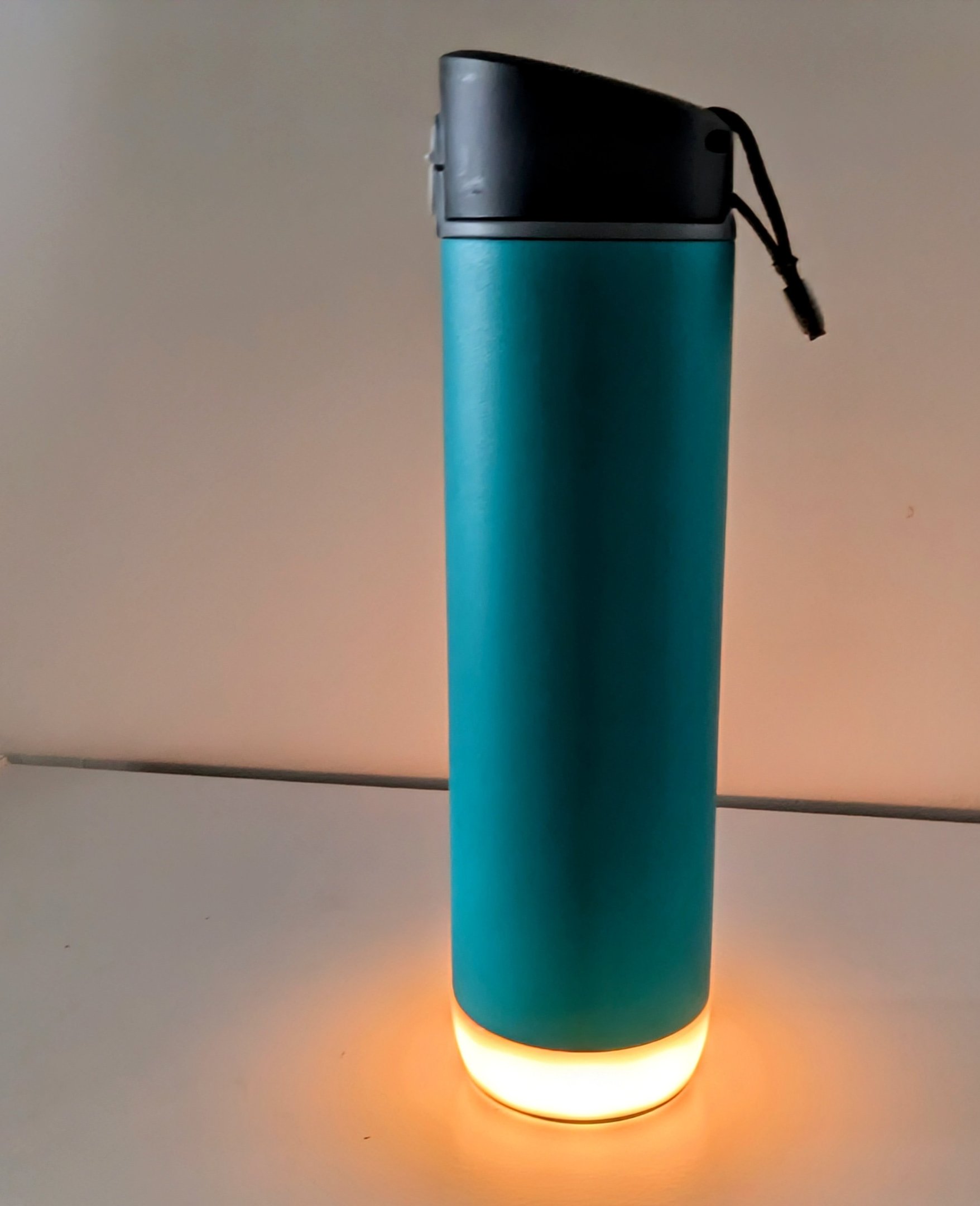
Source Material:
-
The science of water – An introduction to its amazing properties
-
-
Cognitive performance and dehydration – PubMed
-
-
The impact of water intake on energy intake and weight status: a systematic review – PMC
-
Effects of Changes in Water Intake on Mood of High and Low Drinkers – PMC
-
Surprising Ways Hydration Affects Your Sleep
-
My post content

